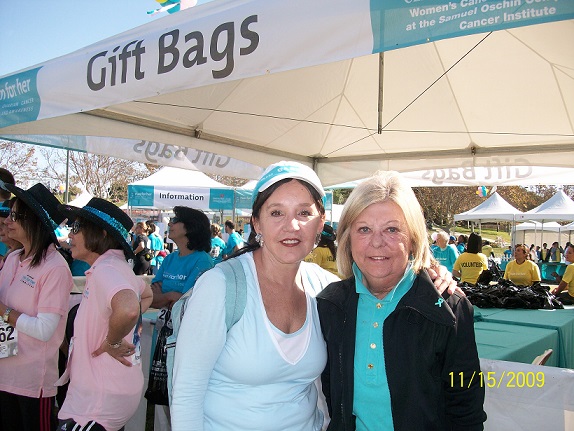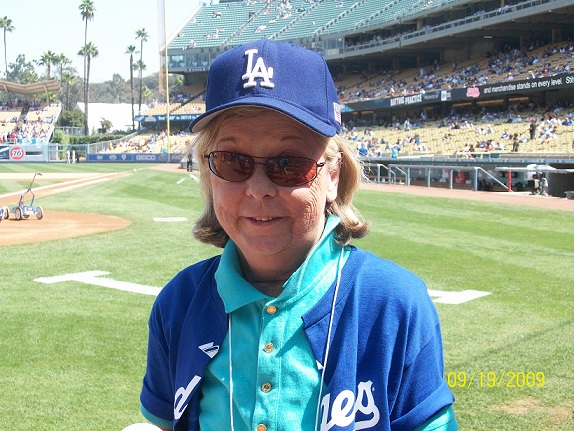When you’re sick and especially when you’re dealing with a life-threatening disease, it’s very difficult feel grateful. After all, gratitude is thankfulness. It’s a way that we count our blessings. It’s being appreciative for what we have. That’s not an easy when what we have is illness, pain, and suffering.
Yet gratitude is exactly what we need now. It’s been proven that gratitude reduces stress, improves our outlook and it enhances health.
What gratitude does… is it shifts our focus. It shifts it from all the things we are lacking in our life to the abundance that is already present.
I know it’s not easy. Yet, even when I was in the very depths of my sorrow and suffering, I found a way to be grateful. I was so grateful that it was me going through this and not one of my daughters, or one of my sisters or my mother.
I was the only one who knew the true extent of the suffering I was experiencing and I couldn’t bare the thought of a loved one going through that. So I became very grateful that this disease decided on me rather than one of them.
Whenever I was in a state of gratitude, I noticed so many things around my illness improving. Practicing gratitude contributes a great deal when it comes to healing.
Make a point of finding something to be grateful for, whether it’s a good day or a bad day. Make a conscious effort to find anything you can be grateful for.
No matter how sick you are or how bad you feel… you can have (at least) one grateful thought everyday. If it’s hard for you to come up with one, try using the one I use. It’s simple, powerful and comes directly from the heart. “Thank you, I’m so grateful for my healing.


